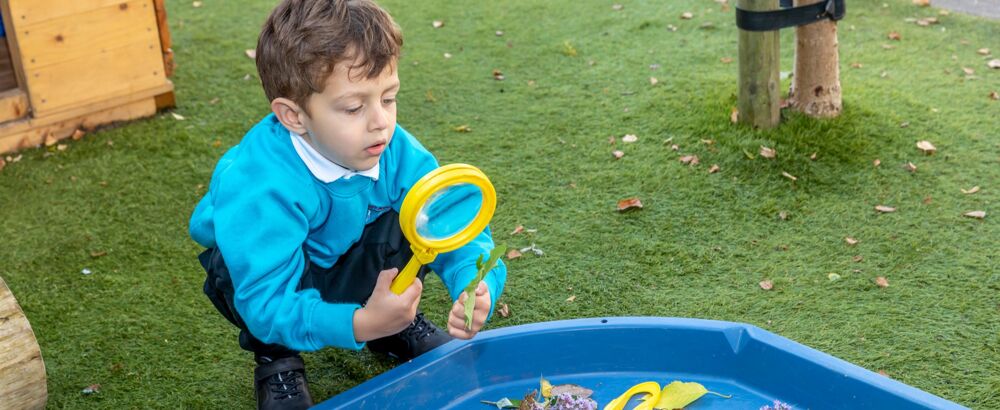Our Vision
Danes Educational Trust's vision is to develop hubs of excellence comprising primary and secondary schools, focused around their local community. We equip learners with the skills they need to become curious, creative and courageous and ensure that our school environments are places where their talents are nurtured, so they become happy and confident 21st century global citizens.
We are a family of schools and we make the difference together as one Trust. Expectations of all the schools within the trust:
- Our schools continually strive to provide a world-class education
- Our learners make better-than-expected progress
- Our learners enjoy learning
- Our stakeholders know and understand our schools at the heart of their communities
- Our schools are held in high esteem by parents, learners and staff
Our school values
- Respect
Use good manners and language; be considerate of feelings; treat others as you would like to be treated; be tolerant and accepting of differences; solve disagreements and deal with anger calmly.
- Honesty
Be reliable, do what you say you will do; tell the truth; admit when you make a mistake; do the right thing (even when nobody is watching); return things you find or borrow.
- Kindness
Be compassionate and show you care; express gratitude; lend a helping hand to those around you; say good things, share compliments with others; be able to forgive.
- Responsibility
Do what you are supposed to do; persevere and do your best; think before you act; take ownership of your actions, fix your mistakes and clean up your messes; set a good example for others.
- Fairness
Play by the rules; take turns and share; be open minded; treat all people in the same way; let others speak and show you are listening.
The government defined British Values as democracy, the rule of law, individual liberty, mutual respect and tolerance of different faiths and beliefs. We promote these values through our own school values, curriculum and enrichment activities.
How we promote British Values
|
Value |
How we promote it |
|---|---|
|
Democracy
Key values: Respect Tolerance Understanding
|
EARLY YEARS- making decisions together
|
|
The rule of law
Key values: Respect Co-operation Courage
|
EARLY YEARS – understanding rules matter as cited in PSED
|
|
Individual liberty
Key values: Respect Courage
|
EARLY YEARS – freedom for all
|
|
Mutual respect
Key values: Respect Friendship Co-operation
|
EARLY YEARS – treat others as you want to be treated
|
|
Tolerance of different faiths and beliefs
Key values: Respect Tolerance/Understanding
|
EARLY YEARS – treat others as you want to be treated
|



